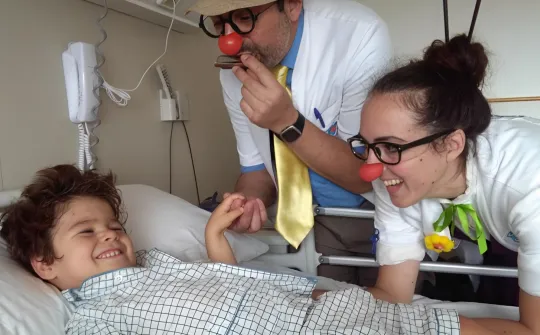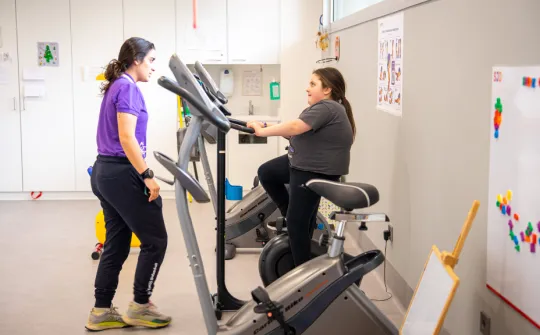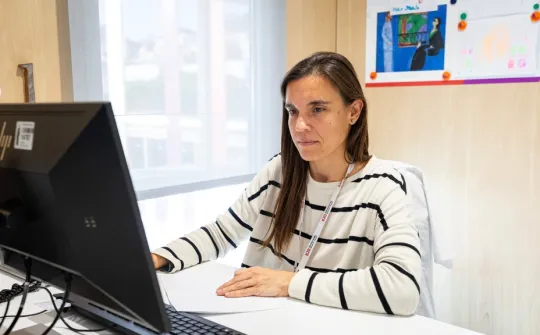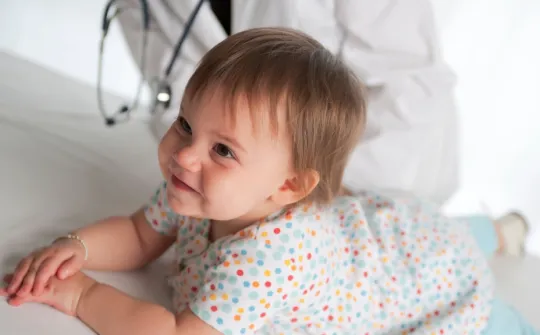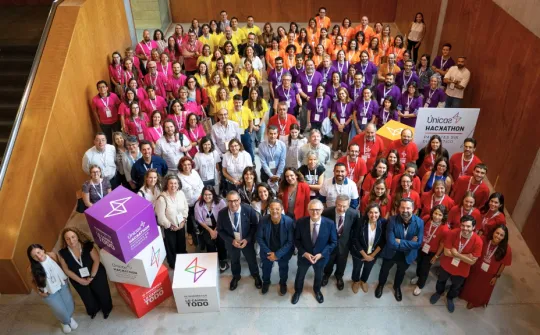The Únicas Network brings together 25 hospitals to enhance care for pediatric patients with rare diseases
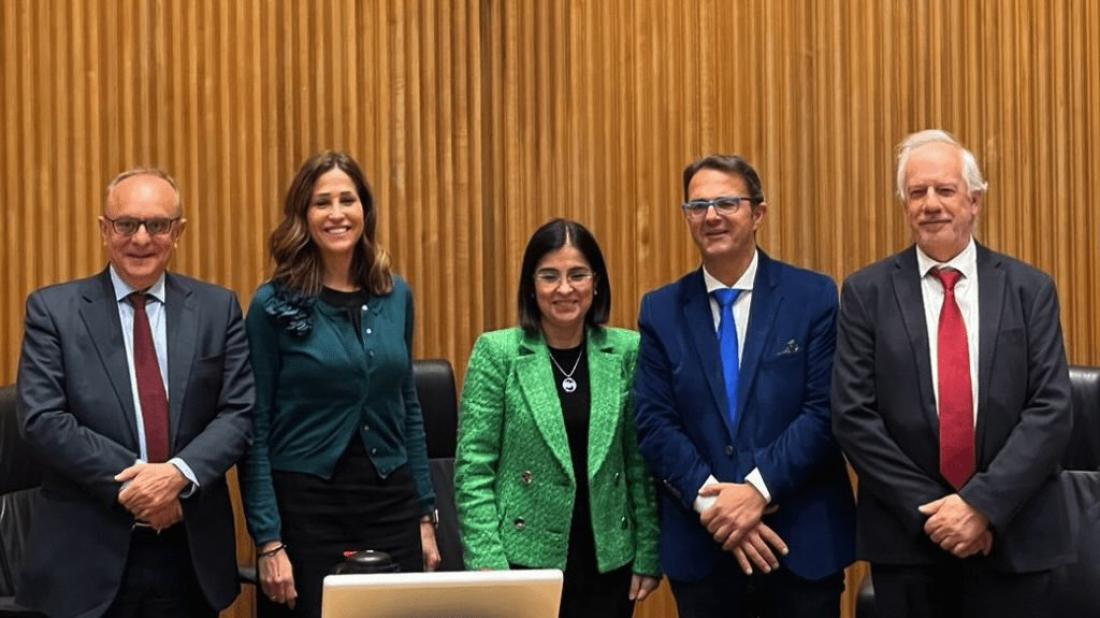
The initiative is promoted by SJD Barcelona Children's Hospital, the center that treats the most children with rare diseases in Spain, and by Federación Española de Enfermedades Raras (FEDER), the Spanish federation for rare diseases.
The Spanish Congress of Deputies hosts the presentation of the Únicas Network, a project that involves 25 hospitals, research centers and the Federación Española de Enfermedades Raras (FEDER), the Spanish federation for rare diseases. The event was attended by the President of the Congress of Deputies, Meritxell Batet, the Minister of Health, Carolina Darias, and representatives of the organizations involved in the Únicas Network. Also attending the event were members of the Congressional Bureau, the Health and Consumer Affairs Committee and Congressional spokespersons.
The project's main goal is to set up a network of health centers to enhance care for pediatric patients with rare diseases.
"On World Disease Day, which we mark on 28 February with our 'Make Time Work for Us'' campaign, we're delighted to be able to present this project that aims to keep families from having to make a pilgrimage between hospitals to get their child's condition diagnosed. This is why FEDER is thrilled to collaborate with the project, an outstanding example of networking that strives to improve care for our group of patients", says Juan Carrión, president of FEDER.
Manel del Castillo, Chief Executive Officer of SJD Barcelona Children's Hospital, says that the Únicas Network "is a project designed to provide a global response to pediatric patients with rare diseases" and adds: "we're a network of 25 hospitals that will create a technological platform where we can share data, enabling us to improve the multidisciplinary care model, accessibility for these patients through telemedicine, diagnosis through high-precision diagnostic techniques, and equity of access to advanced therapies".
Diagnostic challenges
There are over 7,000 rare diseases, some of them ultra-rare (only a few cases worldwide), making them difficult to diagnose because many health professionals are unfamiliar with them.
This means that many children have to wait years and endure dozens of tests and visits to multiple specialists before a definitive diagnosis can be made. Currently, 25% of these children and their families wait more than four years from their first symptoms to diagnosis of the disease.
Representative samples
Representative samples of patients affected by a rare disease provide insight into the natural history of the condition and can provide the driving force for research into new treatments Currently, 95% of rare diseases have no specific treatment.
One of the biggest challenges researchers face when trying to conduct studies to discover new treatments is finding a significant sample of patients. Since these are rare diseases, the number of people affected in an autonomous community is extremely limited and researchers have to seek them out at a national and global level.
Access to advanced treatments for all
Another goal of the Únicas Network is to ensure that all patients, regardless of where they live, have access to the most advanced treatments for their disease and the health care resources they need. To that end, the network anticipates that the health care professionals who belong to Únicas will be able to connect via telemedicine to reach a consensus on the steps to take together with the leading professionals in a specific disease.
Shared knowledge
One of the tools that Únicas harnesses is Share4Rare, a digital platform promoted by SJD Barcelona Children's Hospital that connects professionals and patients with rare diseases so that they can exchange information in a secure digital environment to advance knowledge of rare diseases.
Six programs
Alongside the 25 hospitals and the FEDER, other European hospitals and universities, research centres, pharmaceutical companies, health technology companies and associations support the Únicas Network. These are leading institutions in the fields of diagnostics, telemedicine, new therapies and data intelligence.
They are expected to promote six programs:
- 4P diagnosis program (the four Ps stand for "precisión, personalizado, precoz y predictivo" in Spanish: precise, personalized, early and predictive) designed to support the network's centers by applying and developing new genomic diagnostic techniques (developed within the framework of and in coordination with the ISCIII's IMPaCT project), radiomics, metabolomics, molecular genetics of cancer and precision neurophysiological diagnostics.
- Discovery program (innovative therapies) focused on the development of new treatments in collaboration with universities, research centres, hospitals, the pharmaceutical industry and health tech companies.
- Share4Rare (S4R) program for data intelligence. A federated data ecosystem in which each associated center at the national and European level has its own information, but agrees to share the necessary information to generate the knowledge to advance towards personalized prediction and prevention models. The project aims to empower patients to actively participate in information sharing.
- Cortex telemedicine program. Advanced telemedicine platform to support out-of-hospital care through the remote follow-up and monitoring of these patients, incorporating predictive models that allow us to anticipate developments.
- Pediatric Institute for Rare Diseases (IPER). Oriented toward creating a comprehensive care model for patients with rare diseases. It includes multidisciplinary teams of professionals, the generalization of the figure of the case manager, the incorporation of psychosocial support teams, transition units to adult centers, and the monitoring of the census of rare diseases.
- Institute for chronic care and health school for patients and families: La Casa de Sofia. It is structured through the creation of a socio-health center in Spain (which includes a home mechanical ventilation support center) and a health school for patients and families.
Hospital centres in the Únicas Network
Alongside project promoter SJD Barcelona Children's Hospital, these are the other hospitals that are members of the network.
